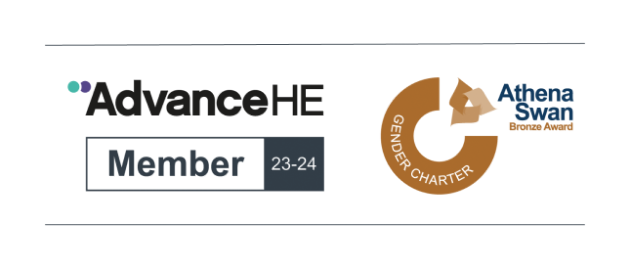This paper is no longer offered by the Faculty of Modern and Medieval Languages. The below is kept for archive purposes only.
This paper is available in Part II of the Tripos, and students taking it will be expected to have a good knowledge of Latin. Its aims are to offer the opportunity to study in depth four Neo-Latin poets, writing in a range of genres, and to consider theoretical issues relating to Neo-Latin poetry as well as studying the poetry itself. Students taking this paper will be expected to develop a familiarity with the philosophical, cultural, historical, and literary context of the works in question, which might include questions such as the influence of humanism on early modern writing, neo-Platonism, attitudes to allegory, the impact of the Reformation, rhetorical theory and others.
Core Texts
- Jacopo Sannazaro, Ecologae Piscatoriae and Epigrammatum libri III
- Théodore de Bèze, Iuvenilia
- George Buchanan, Secular Poetry ('Franciscanus, Fratres fraterrimi, Elegiarum liber, Silvae, Hendecasyllabon liber, Iambon liber, Epigrammatum libri I-III, Miscellaneorum liber.)
- John Milton, Latin poetry
- Grahame Castor and Terence Cave, eds, Neo-Latin and the Vernacular in Renaissance France (Oxford: Clarendon Press, 1984)
- Dorothy Gabe Coleman, The Gallo-Roman Muse: Aspects of Roman Literary Tradition in Sixteenth-Century France (Cambridge: Cambridge University Press, 1979)
- Philip Ford, The Judgment of Palaemon: The Contest between Neo-Latin and Vernacular Poetry in Renaissance France (Leiden: Brill, 2013)
- Yasmin Haskell and Philip Hardie, eds, Poets and Teachers: Latin Didactic Poetry and the Didactic Authority of the Latin Poet from the Renaissance to the Present (Bari: Levante, 1999)
- Ann Moss, Renaissance Truth and the Latin Language Turn (Oxford: Oxford University Press, 2003)
- Renaissance Latin Verse: An Anthology, compiled and edited by Alessandro Perosa and John Sparrow (London: Duckworth, 1979)
The paper will be taught through a total of eight fortnightly seminars divided between the Michaelmas and the Lent terms (in odd weeks). In addition, students will receive fortnightly supervisions throughout the year (in even weeks).
The examination will test both the candidates' ability to engage in close reading of texts, and in writing essays of a more discursive nature. It will be divided into two parts. Section A will consist of a number of passages taken from the set texts, on which candidates will have to write a critical comparative commentary. Section B will consist of a number of questions which might be answered in relation to individual authors or to more than one author. Candidates will be required to answer Section A, and two questions from Section B. They will also be required to show a knowledge of at least three of the four poets in the paper as a whole, and, as normal, will be prohibited from drawing on substantially the same material in more than one question.
Dr Andrew Taylor |



